Dr Morelle: The Case of the Missing Heiress (1949)
Poderia ter sido Agatha Christie e
sua Miss Marple. Poderia ter sido Hitchcock e os protagonistas de “A Dama
Oculta” (1938). E poderíamos ter sido nós. Este é o grande trunfo de histórias
sobre pessoas normais que investigam crimes: poderíamos ser nós. São histórias
emocionantes, cheias de suspense, e fáceis de criar identificação. O filme da
Hammer de 1949, “Dr Morelle: O Caso da Herdeira Desaparecida” é um destes
filmes sobre pessoas normais que se tornam investigadoras. No caso, essas
pessoas são o Dr Morelle e em especial sua assistente, Miss Fraley.
It could have
been Agatha Christie and her Miss Marple. It could have been Hithcock and the
leads of “The Lady Vanishes” (1938). And it could have been us. This is the
great thing about stories that involve normal people investigating crimes: they
could have been us. They're chilling, thrilling, and incredibly relatable. The
1949 Hammer film “Dr Morelle: The Case of the Missing Heiress” is one of those
films about normal people turned investigators. In this case, Dr Morelle and in
special his assistant, Miss Fraley.
O filme
começa com Dr Morelle (Valentine Dyall) ditando uma história para sua
assistente, Miss Frayle (Julia Lang). O resto da história é contada em
flashback. Em uma velha mansão, Cynthia Mason (Jean Lodge) discute com seu
padrasto, Kimber (Philip Leaver), porque ela quer se casar com Peter Lorimer
(Peter Drury). Ela está disposta a deixar todo seu dinheiro para o padrasto,
mas Peter é contra essa ideia. Cynthia desaparece enquanto Peter está falando
com o padrasto dela – e sendo hipnotizado por ele!
The film
begins with Dr Morelle (Valentine Dyall) dictating a story to his assistant,
Miss Frayle (Julia Lang). The rest of the story is told as a flashback. In an
old mansion, Cynthia Mason (Jean Lodge) argues with her stepfather, Kimber
(Philip Leaver), because she wants to marry Peter Lorimer (Peter Drury). She is
willing to leave all her money to her stepfather, but Peter is against it.
Cynthia disappears while Peter is talking to her stepfather – and being hypnotized
by him!
A melhor
amiga de Cynthia, Miss Frayle, decide investigar o desaparecimento. Ela vai até
a mansão e diz que é a nova empregada. Lá ela recebe uma estranha ajuda do
mordomo Bensall (Hugh Griffth), um homem peculiar e sinistro que passeia com um
cachorro invisível – já que seu cachorro morreu há 15 anos.
Cynthia's
best friend, Miss Frayle, decides to investigate the disappearance. She goes to
the mansion and says she's the new housemaid. There she receives some weird
kind of help from the butler Bensall (Hugh Griffth), a peculiar, sinister man
who walks an invisible dog – since his dog has been dead for 15 years.
Infelizmente,
Miss Frayle é um desastre enquanto empregada. Quando as coisas ficam muito
perigosas na investigação, ela chama o Dr Morelle para ajudar. Para obter pistas,
o Dr Morelle irá assumir outras identidades e também usar hipnose.
Unfortunately,
Miss Frayle is a disaster as a housemaid. When things get too dangerous in her
investigation, she calls Dr Morelle to help. To obtain clues, Dr Morelle will assume
other identities and use hypnotism too.
Dr Morelle
pode ser tão esperto quanto Sherlock Holmes, mas neste filme ele parece ser uma
pessoa horrível. Sempre que pode, ele diminui e humilha Miss Frayle, sua
inteligência e sua tentativa de investigação. E eu me surpreendi ao descobrir
que a misoginia era um traço de personalidade da personagem desde o início.
Dr Morelle
may be as smart as a Sherlock Holmes, but in this film he sounds like a
horrible person. Whenever possible, he diminishes and humiliates Miss Frayle's
intelligence and attempts to investigate. And I was surprised to find out his misogyny
was a trait the character had since he was created.
Dr
Morelle, assim como o Sherlock Holmes de Conan Doyle e a Miss Marple de Agatha
Christie, é uma personagem que surgiu no mundo literário. Ernest Dudley, ator
que virou escritor, conceber a personagem durante um bombardeio na Inglaterra
da Segunda Guerra Mundial. Dudley baseou os traços do Dr Morelle em Erich von
Stroheim, que ele havia conhecido brevemente, e Miss Frayle foi baseada na
própria esposa de Dudley, a atriz Jane Grahame.
Dr Morelle,
like Conan Doyle's Sherlock Holmes and Agatha Christie's Miss Marple, is a
character the first appeared in literary form. Actor-turned-novelist Ernest
Dudley conceived the character during an air raid in wartime England. Dudley
based Dr Morelle's traits in Erich von Stroheim, whom he had briefly met, and
Miss Frayle was based in Dudley's own wife, actress Jane Grahame.
As
histórias do Dr Morelle se tornaram uma sensação do rádio dos anos 40 aos anos
60, com Jane Grahame interpretando Miss Frayle nos primeiros anos do programa.
Dudley anunciava o protagonista como “O homem que vocês amam odiar” – e a
audiência subai a cada semana. Fazer um filme era, naturalmente, o próximo
passo.
Dr Morelle's
stories became a radio sensation from the 1940s until the 1960s, with Jane
Grahame playing Miss Frayle in the first years of the radio show. Dudley
advertised the character as “The man you love to hate” - and the ratings only
increased from week to week. Making a film was the natural next step.
Dudley teve
pouco envolvimento com o filme. Para o papel principal, foi escolhido Valentine
Dyall – um homem com uma voz icônica e uma presença sinistra que lhe renderam o
apelido de “Vincent Price britânico”. Mais tarde, Dyal trabalharia em alguns
filmes de terror dos estúdios Hammer e Amicus. Como Miss Frayle, temos Julia
Lang, uma atriz competente, mas praticamente esquecida. É uma pena que ela seja
mais como uma donzela em perigo no filme, embora tenha momentos de grande
perspicácia.
Dudley had
very little involvement with the film. For the lead role, Valentine Dyall was
chosen – a man with such an iconic voice and such a sinister presence he was
once called “the British Vincent Price”. Dyall would later work in some Hammer
and Amicus horror films. As Miss Frayle, we have Julia Lang, a competent yet
nearly forgotten actress. Too bad she is more of a damsel in distress in this
film, although she has some moments of acumen.
Hugh
Griffith foi o mais sortudo do elenco – embora seu personagem não tenha tido
muita sorte no filme. Griffith pode ser lembrado como o Sheik Ilderim de
“Bem-Hur” (1959), um papel que deu a ele o Oscar de Melhor Ator Coadjuvante. O
site IMDb lista 103 créditos como ator para Griffith, em um intervalo de 40
anos, tanto em Hollywood quanto na Inglaterra, tanto no cinema quanto na TV.
Hugh Griffith
had the best luck of all the cast – although his character wasn't lucky in the
film. Griffith can be remembered as the Sheik Ilderim in “Ben-Hur” (1959), a
role that gave him the Best Supporting Actor Oscar. IMDb lists 103 credits as
an actor for him, spanning 40 years, in both Hollywood and England, and in both
film and TV.
Há algumas
características de filme noir em “Dr Morelle: O Caso da Herdeira Desaparecida”.
Alguns ângulos de câmera são bastante ousados, como a câmera no teto que vê
toda a sala de estar da mansão, assim como os ângulos de câmera que mostram os
corredores da mansão. Há também uma excelente tomada de Julia Lang descendo as
escadas, com a câmera baixa (contra-plongée). O diretor de fotografia Cedric
Williams trabalhou pouco no cinema, mas aqui podemos ver o tamanho de seu
talento.
There are
some noir traits in “Dr. Morelle: The Case of the Missing Heiress”. Some camera
angles are very bold, like the camera on the roof that oversees the whole
living room of the mansion, as well as the camera angles that show the mansion
aisle. There is also a great shot of Julia Lang going down the stairs, filmed
from a low angle. Cinematographer Cedric Williams had few credits to his name,
but here we can see how talented he was.
“O Caso da
Herdeira Desaparecida” é o único filme do Dr Morelle. O estúdio Hammer e outros
estúdios não mostraram interesse em fazer mais filmes com a personagem, e é
fácil ver o porquê. Em um tempo em que mulheres eram porcentagem importante da
plateia dos cinemas, uma personagem tão misógina não seria muito popular. Sim,
eu sei que outros detetives / gênios da ficção são também figuras pouco simpáticas
– Sherlock Holmes inclusive se define como um “sociopata altamente funcional” –
mas Dr Morelle está à beira da ojeriza. Poderia haver mais filmes com ele?
Talvez, se ele melhorasse muito – e aprendesse a tratar as mulheres como seres
humanos.
“The Case of
the Missing Heiress” is the only Dr Morelle film. Hammer and other film
studios showed no interest in making more films with the character, and I can
see why. In a time when female moviegoers were an important part of the
audience, such a misogynistic character wouldn't be very popular. Yes, I know
some other fictional detectives / geniuses are also unsympathetic figures –
Sherlock even calls himself a “high-functioning sociopath” – but Dr Morelle is
on the verge of disgusting. Could there be more films with him? Maybe, if he
improved a lot – and learned to treat women like human beings.
"Dr Morelle: The Case of the Missing Heiress" is available on Internet Archive.
This is my
contribution to the 2nd Great Hammer and Amicus blogathon, hosted by
Gill and Barry at RealWeegieMidget Reviews and Cinematic Catharsis.

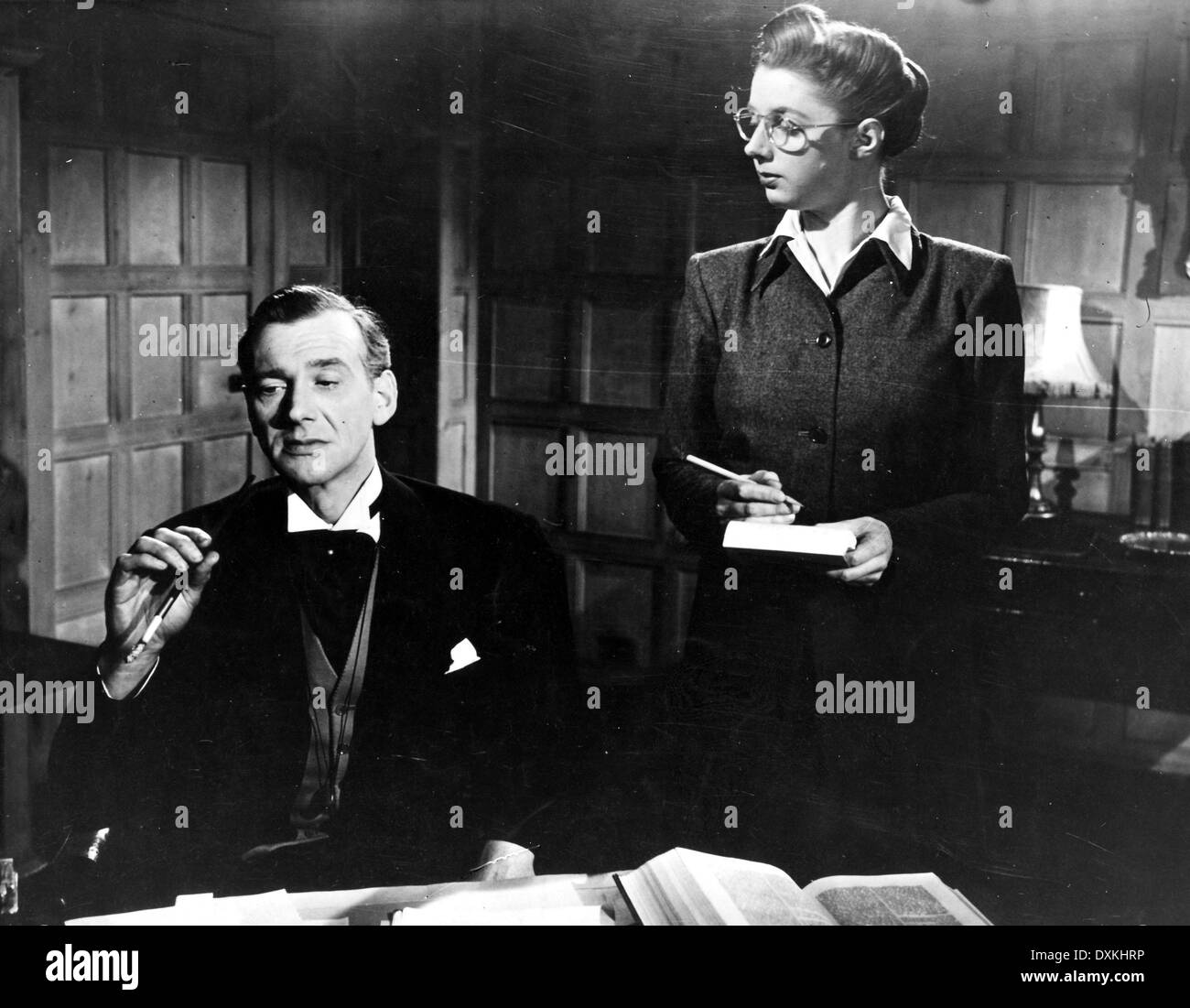

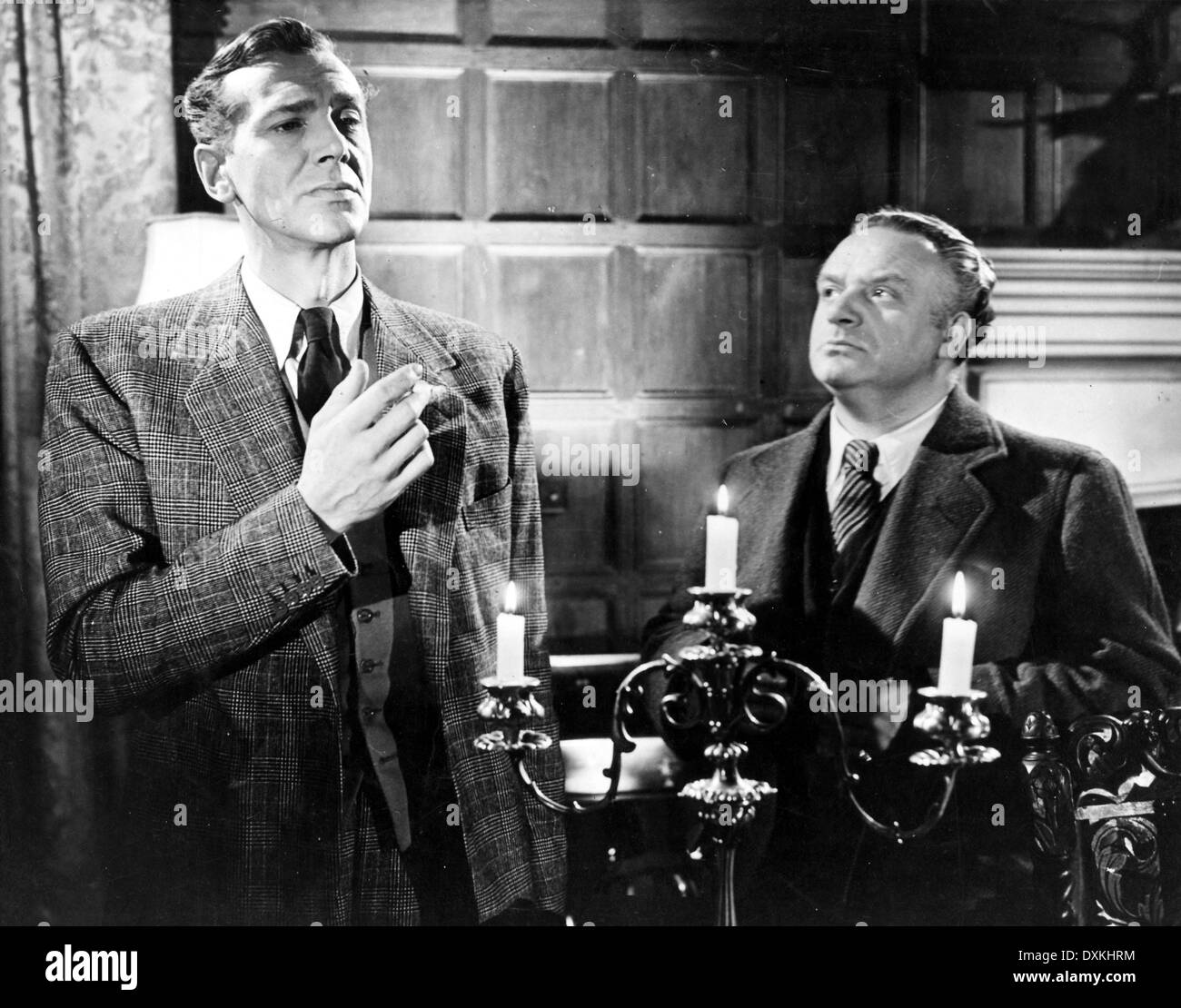
.jpg/220px-Doctor_Morelle_(1949_film).jpg)
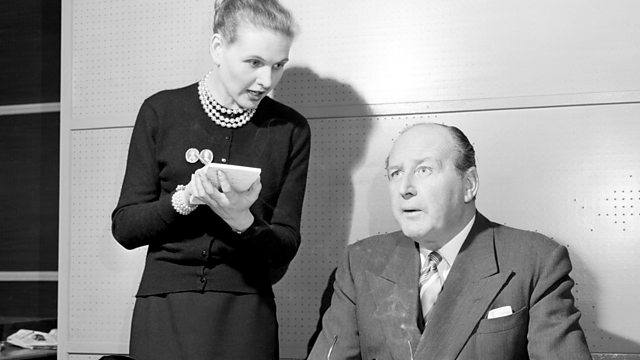
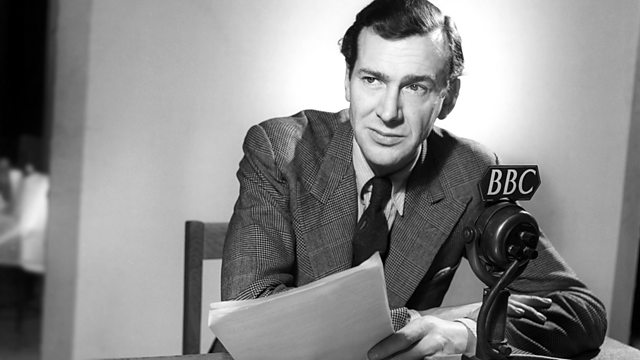
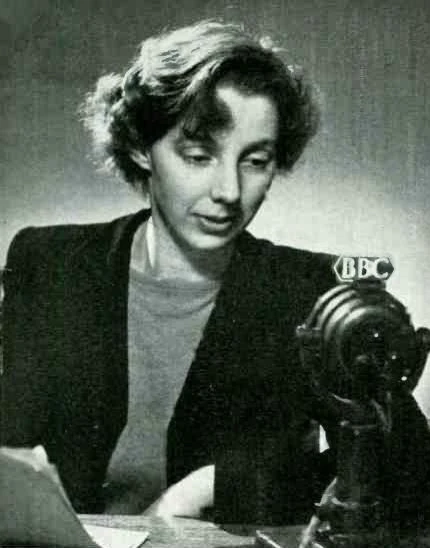




Thank you for participating in the blogathon, and for your fascinating review about a (now) little-known Hammer film! It's too bad the main character sounds like such a creep. This might have been fun.
ReplyDeleteFascinating. I was unaware of this character. From what you say, he would be problematic in a series with those attitudes, but one major event could turn him around. I love Hugh Griffith so I now want to add this to my watch list. Thanks.
ReplyDeleteI've never heard of this film, but it sounds like a good one!
ReplyDeleteI love the idea of the invisible dog.
I agree with John - this sounds a must see for the dog if nothing else! Thanks for joining the blogathon with this film.
ReplyDeleteI've seen the name but have never seen the film. Thank you for writing about it. I must say it is intriguing despite the rampant misogyny.
ReplyDeleteThis is very interesting, and I have to echo everyone else--I can see why this character didn't get brought back. Hammer sure liked branching out every now and then as far as subject matter, though.
ReplyDelete